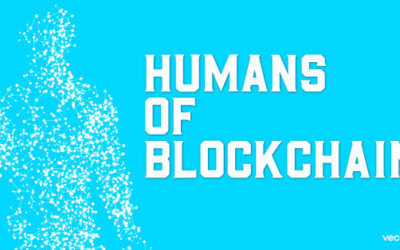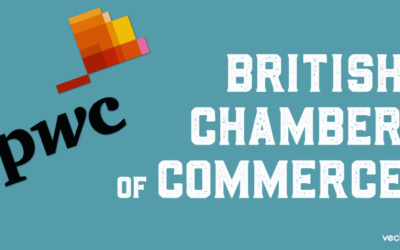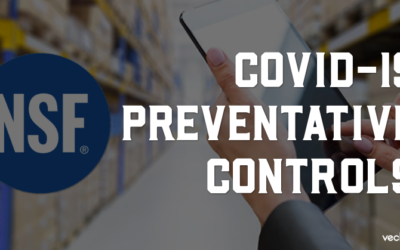For businesses, blockchain technology can still seem like a distant goal. Solutions are complex, and require major adjustments to supply chains and IT departments. That’s why Real Items created an easy-to-use 2FA QR Code system powered by VeChain.
Tokenizing your Products with TAM

The Tokenized Asset Manager allows businesses to create a VIP-181 NFT token for each of their products. With NFTs, consumers can not only verify the authenticity, but they can also “claim” the tokens, granting them digital ownership as well. This opens up a whole range of possible services that can exist after the point of sale, as well as granting manufacturers key data to better understand their client base.
 Analytics provided by demo.realitems.org/admin
Analytics provided by demo.realitems.org/admin
Adding Value to the Consumer with Consumer Protection 3.0 (CP3)

On the consumer end, users will be able to scan their products to check for authenticity. They are then faced with a number of features and services that allow them to do things such as display, register, re-sell, transfer, and insure their items. Users can even report goods as stolen, which will display the next time someone else scans the product.
Securing QR Codes – Adding Two-Factor Authentication
As an anti-counterfeiting solution, traditional QR codes just won’t cut it. They are easily copied, making them useless for high value items. Real Items recognized this, but didn’t want to use more expensive chips that add costs and complicate the verification process for the user. So they added a unique PIN number to each QR code, that when entered into the Real Items web app, can verify the ownership and authenticity of a product.
Intelligent Architecture
Real Items knew that the blockchain was just one element of a complete consumer protection platform. A variety of data storage methods would be needed to ensure that speed, security, and privacy was maintained throughout the entire process. Real Items accomplished this by developing a GraphQL API, that increases usability without forcing users to install plug-ins or buy cryptocurrency. You can read more about the architecture decisions in this blog by CTO Ken Woodruff.
All blockchain and database integrations happen in the background, which makes it easy for non-technical businesses to get started. This fall, Real Items should onboard their first clients, which should add mainnet transactions to the VeChain blockchain.
Real Items is also poised to create vertical platforms that can target specific industries. In their home state of California, CEO David Menard is planning to target the vaping and cannabis industries, two sectors suffering from stringent regulation and rampant counterfeiting, which can have severe health implications. The value an Authenticity as a Service Platform provides here is unquestionably high, and can be extended to luxury goods, novelty items, hand-crafted goods, pharmaceuticals, and many others, to name a few.
Both David Menard and Ken Woodruff are big believers in what public blockchain solutions like VeChain bring to businesses. Using VeChain’s ToolChain API, they were able to build powerful solutions of their own. They were forthright when praising ToolChain, but pointed out that ToolChain was more focused on supply chain quality assurance (internal operations), whereas Real Items was strengthening the relationship between brands and end-consumers.
For people looking to learn more, visit Realitems.org and follow them on Twitter.





